Industries are a significant contributor to environmental damage, and the impact is staggering. The statistics regarding environmental damage caused by industries are alarming and require urgent attention. Air pollution caused by industrial activities is responsible for 4.2 million premature deaths every year, according to the World Health Organization (WHO). Industrial activities are responsible for approximately 25% of greenhouse gas emissions, which contribute to global warming and climate change. The Intergovernmental Panel on Climate Change (IPCC) has stated that global emissions must be reduced by at least 45% by 2030 to avoid the worst impacts of climate change.
Industrial wastewater is another major environmental concern. The United Nations estimates that 80% of wastewater generated by industries is discharged into water bodies without any treatment. This wastewater contains a wide range of pollutants, including heavy metals, chemicals, and pathogens, which can cause serious health problems for humans and wildlife. According to the UN, approximately 1.8 billion people use a source of drinking water contaminated with faecal matter, and this contamination is often caused by industrial activities.
Industrial activities are also responsible for deforestation, soil degradation, and loss of biodiversity. Deforestation caused by industries accounts for approximately 10% of global greenhouse gas emissions. Soil degradation caused by industrial activities can lead to reduced agricultural productivity and desertification. The loss of biodiversity caused by industries is a significant concern, with the extinction rate of plant and animal species estimated to be 1,000 times higher than the natural rate.
In conclusion, the environmental damage caused by industries is significant and requires immediate attention. Governments and industries must work together to reduce greenhouse gas emissions, improve wastewater treatment, and reduce deforestation and soil degradation. Only through collective action can we hope to mitigate the impact of industrial activities on the environment and protect the planet for future generations.
United Nations SDG
The United Nations Sustainable Development Goals (SDGs) are a set of 17 goals adopted by world leaders in 2015 as part of the 2030 Agenda for Sustainable Development. The SDGs aim to address the most pressing global challenges, including poverty, inequality, climate change, environmental degradation, and social injustice. Each goal has specific targets to be achieved by 2030, providing a roadmap for sustainable development on a global scale. Scaleban business strongly contributes to the achievement of 16 of these global goals.
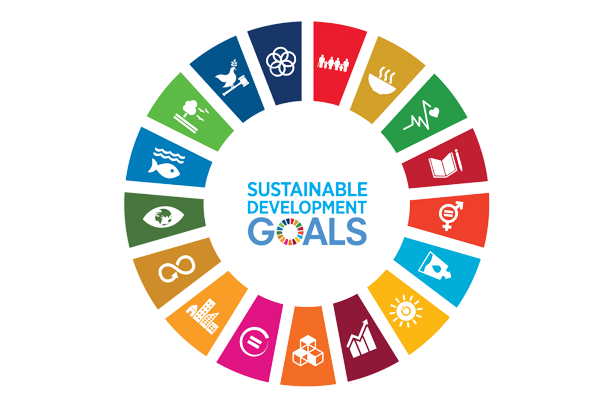
United Nations SDG
“SCALEBAN” Technology is mentioned as an ‘Advance Sustainable Waste Water Technology’ in the book titled as “Wastewater Treatment Technologies – Design Considerations” published by Wiley Blackwell, USA
Besides the decision for implementing ZLD technology with Scaleban at other units, UPL management appreciated the performance of Scaleban ZLD technology in the UPL Sustainability Report published during the year 2016-17, 2017–18, 2018–19, 2019–20, 2020–21,2021–22
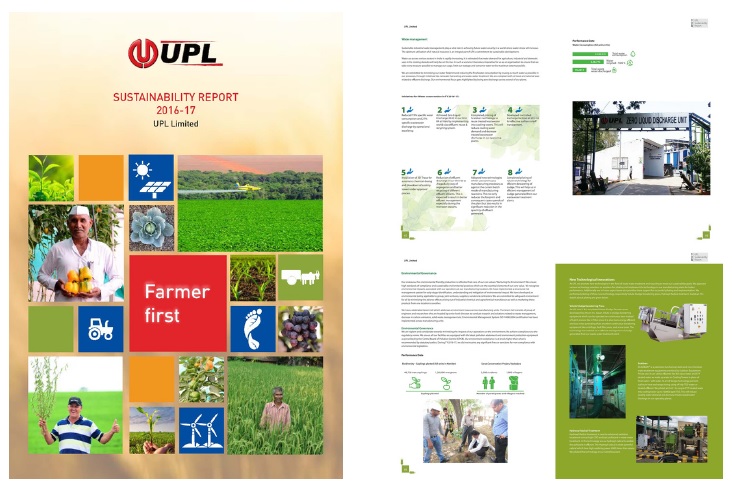
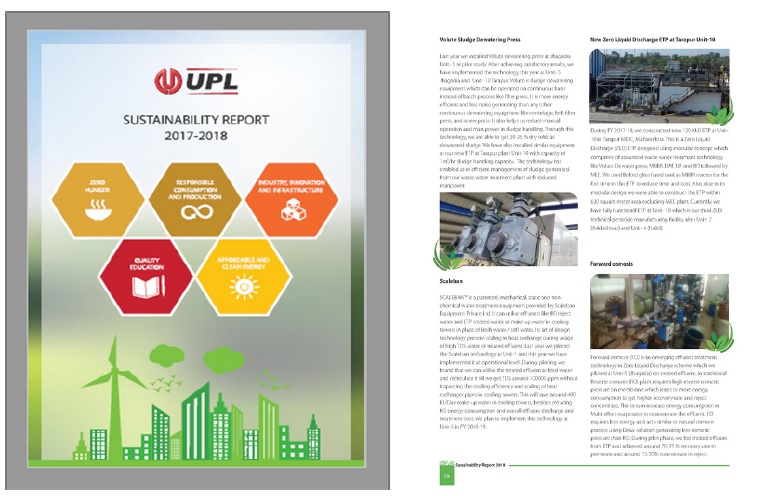
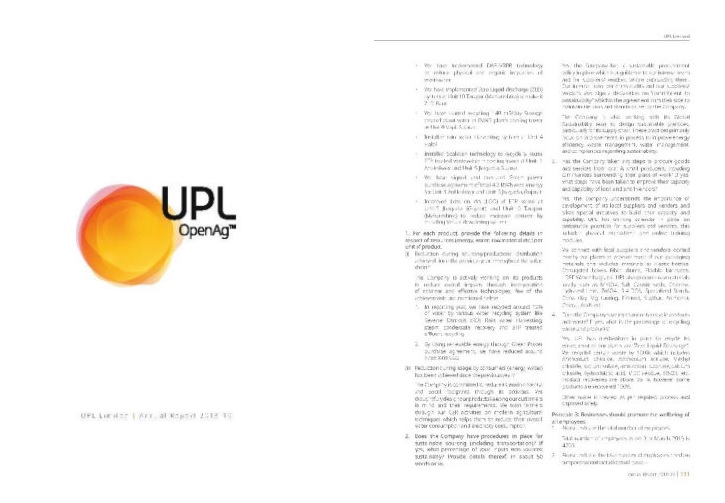
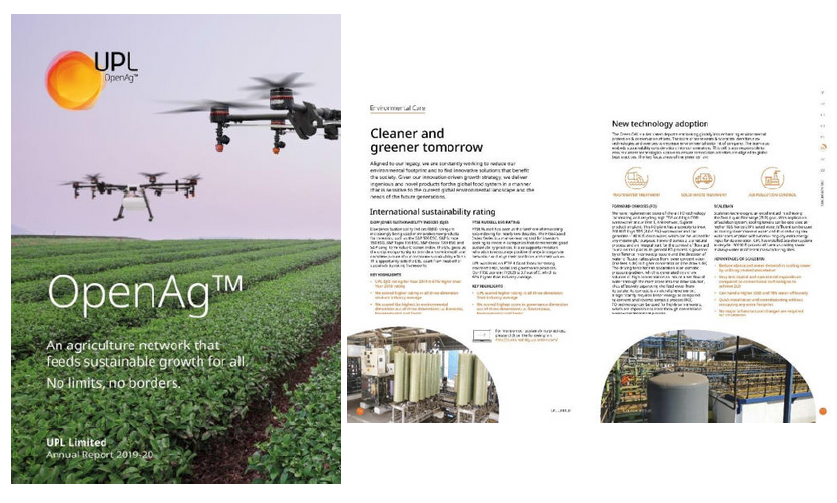
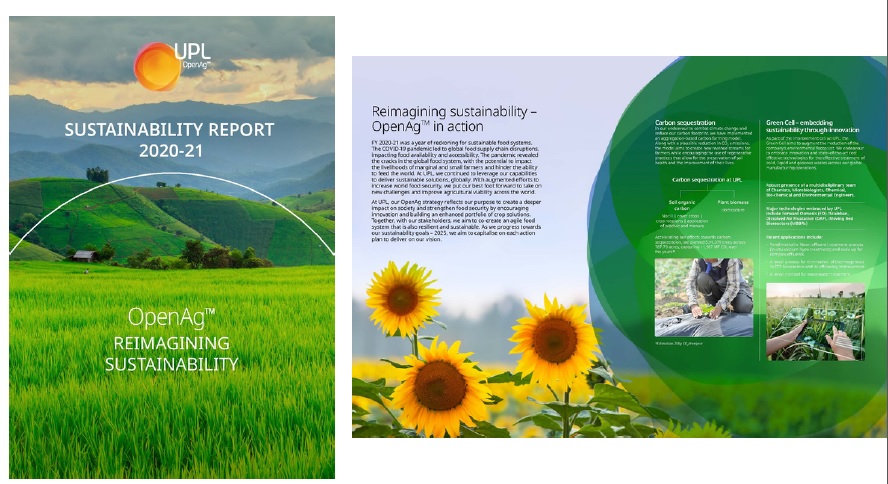
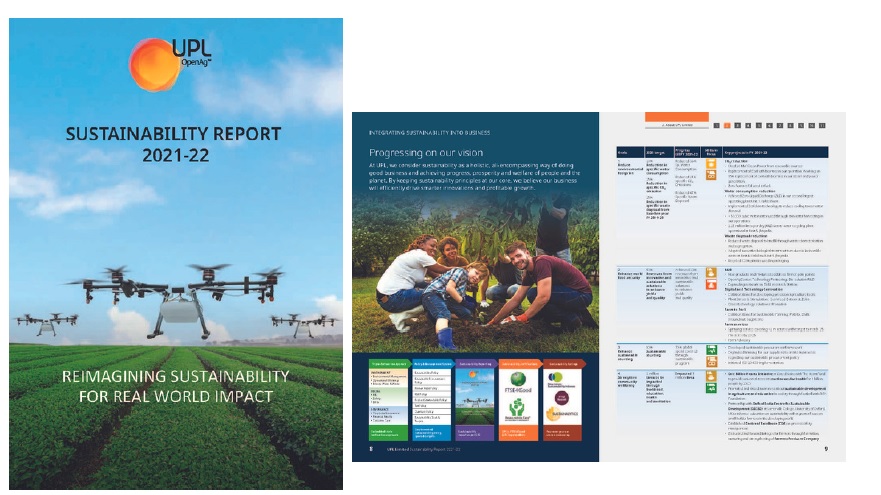
We are delighted to share that our innovative ZLD technology and efforts have gained recognition on a global scale. Dr. Mritunjay Chaubey, Environment & Sustainability head of UPL spoke at the UN Water Conference in a side event organized by World Business Council for Sustainable Development (WBCSD) regarding the Wastewater Zero initiative.
Scaleban is proud to work with UPL for this vital initiative as both the companies take a lead in ensuring industries make a measurable difference towards fulfilling Sustainable Development Goal 6 – “Ensure availability and sustainable management of water and sanitation for all.”
At the event, Dr. Chaubey outlined how UPL is making their business more water efficient and sustainable with the help of Scaleban.

